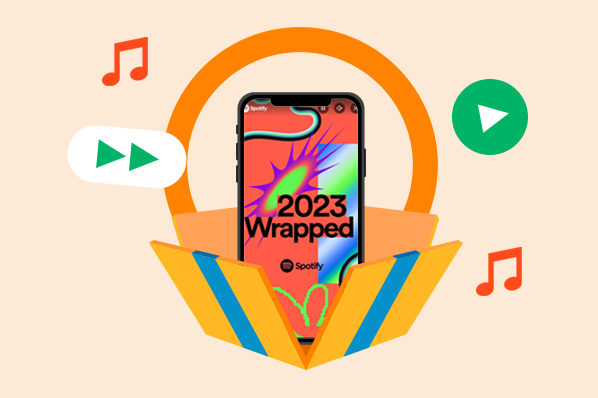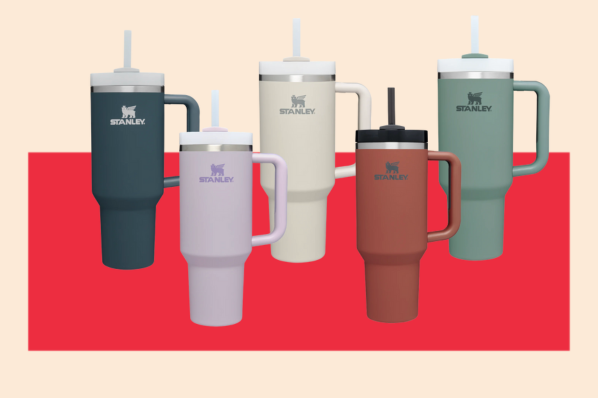Welcome to 探花精选 Marketing News! Tap in for campaign deep dives, the latest marketing industry news, and tried-and-true insights from 探花精选’s media team.
Having a verified account on social media was once seen as a point of notoriety or a status symbol.
Now, it’s a commodity that can be purchased.
Verifying social media accounts began on Twitter in 2009. Tony La Russa, then manager of the St. Louis Cardinals, filed a lawsuit against Twitter after a user created an impersonation account and shared insensitive tweets.
Though the suit was eventually dropped, it led Twitter to giving verified accounts blue check marks as a symbol of authenticity for notable businesses or public figures. The goal was to make impersonation harder to achieve. Instagram followed suit and began .
Twitter's current lords & peasants system for who has or doesn't have a blue checkmark is bullshit.
— Elon Musk (@elonmusk)
Power to the people! Blue for $8/month.
In late 2022, Elon Musk announced a revamp of the program upping the price from $5 to $8 per month (or $11.99 per month through the app store) and offering subscribers a blue check mark among other features.
Earlier this month Meta announced a similar subscription called , offering users on Facebook and Instagram a blue check mark, increased visibility in the feed, and increased customer service support starting at $11.99 per month.
When these subscriptions were announced, pushback from users was immediate.
On one hand, there are security concerns at play. After the initial rollout of Twitter Blue verification, some users were able to , defeating the initial intent of verification.
Additionally, Twitter now only offers two-factor authentication to , making accounts that aren’t paying less secure and more susceptible to being hacked.
Meanwhile, Instagram users who are already frustrated with the platform’s in the event of a hack or other issues will likely need to pay to receive basic customer support.
In addition to security concerns, the introduction of these subscriptions solidifies these platforms as being spaces where you have to pay-to-play.

With Meta Verified promising increased visibility on Facebook and Instagram for subscribers, users who are already frustrated with their lack of reach may be tempted to opt in so more people see their content.
What’s unclear is whether end-users will know whether or not the content they see is being served through the algorithms or if it’s being shown because an account paid for increased reach.
While this option may be appealing for content creators or small businesses who want to get in front of more people, it could be discouraging for everyday users who visit social media to see updates from their family and friends.
With the social media platforms have experienced over the past few years intensifying, it’s not surprising these companies are evolving to include paid subscription models to generate revenue. Whether verification and increased reach are the right features to offer is to be determined.
Marketing Snippets
The latest marketing news and strategy insights.
Why social media marketing was the .
Influencer marketing: why some DTC companies are in 2023.
Why AI Isn’t Replacing Our Jobs: the 探花精选 Blog interviewed Jasper’s Head of Marketing to cover how we can work with AI.
LinkedIn: how tech layoffs are
Pinterest extends Idea Pin .
Instagram statistics you need to know in 2023.


![Bluesky is Now Open to the Public. Should your business be there? [Expert Interview]](https://www.hubspot.com/hubfs/bluesky-is-open-to-the-public.png)








